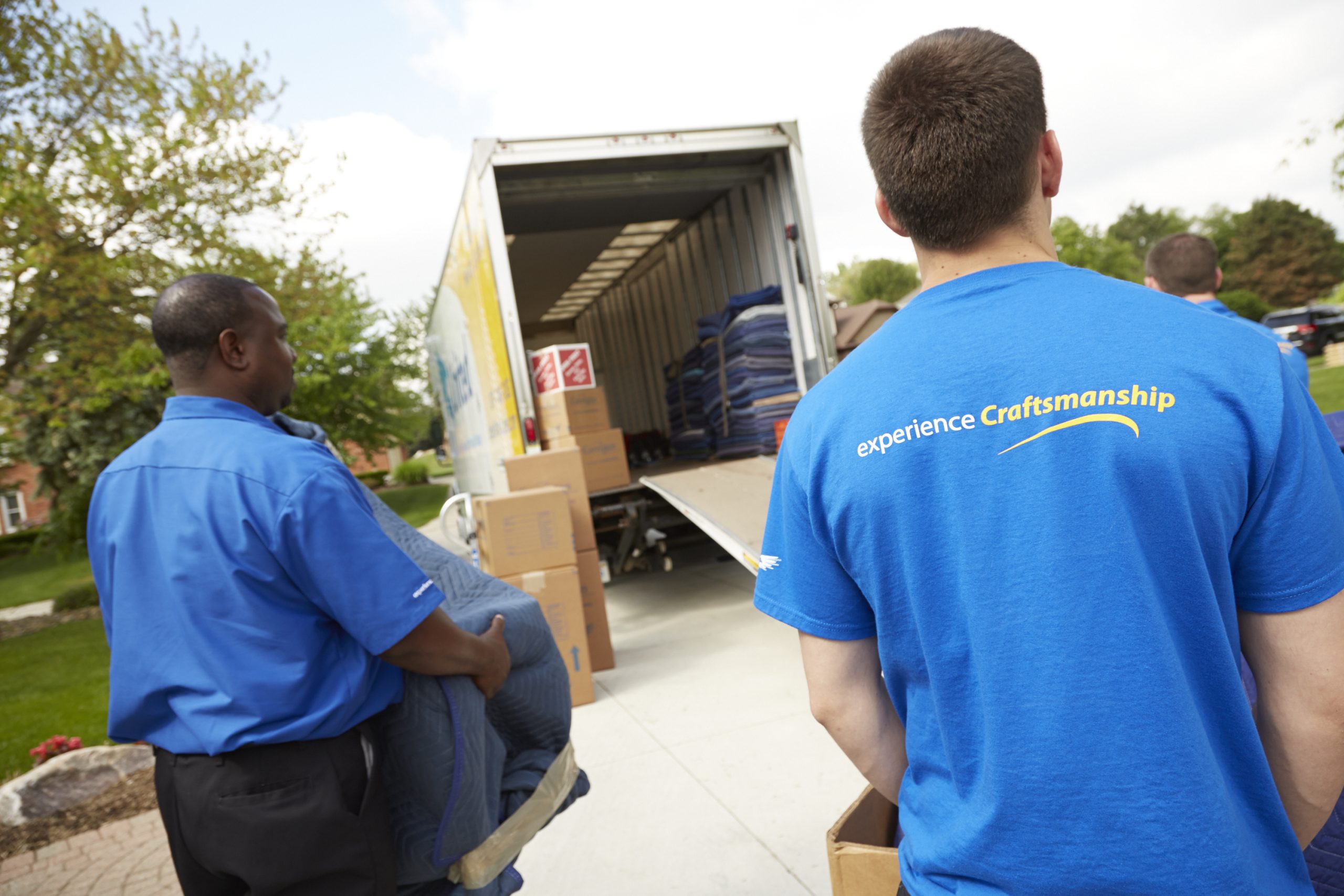
You’ve found the right new location for your business. Now you need to get everything, and everyone moved over. It’s not a small task. And since your office move happens infrequently for most companies, this is probably the first time you’ve coordinated a project like this.
You know you need a moving company. But you also need a partner, a project manager, a strategist. You need to be confident that the moving decisions are going to keep the overall cost of this office relocation as low as possible. And with many factors to consider during a move, look for a partner that has experience with project management, furniture & equipment services, electrical & IT services, and secure warehousing. These all need to be accounted for when putting together a complete office move plan.
Not all moving companies are created equal. Everyone will tell you they do office moves. But only a few are truly experienced in crafting a detailed plan of action to minimize downtime and get your staff back to work as quickly as possible.
It’s important to do your research before selecting a mover. There are hundreds of movers in the marketplace, yet only a small fraction is truly capable and experienced in office and industrial relocations. Where do you begin? Start with these 3 items as minimum qualifications:
Making the mistake of focusing on hourly rates will cost you in the end. All too frequently a moving company will offer a low hourly rate, but then the actual move takes significantly longer than estimated. This will cost you in two ways. First, you’ll be paying for all the extra hours spent moving. And second, the additional time that the move takes are time away from getting your workforce back to full productivity. Be cautious of any mover’s estimate that seems too good to be true.
Don’t settle for anything less than a smooth, efficient, high quality, and cost-effective relocation. You’ll find this by starting with these 3 steps and always remembering that minimizing business interruption is the true cost savings of any office relocation.